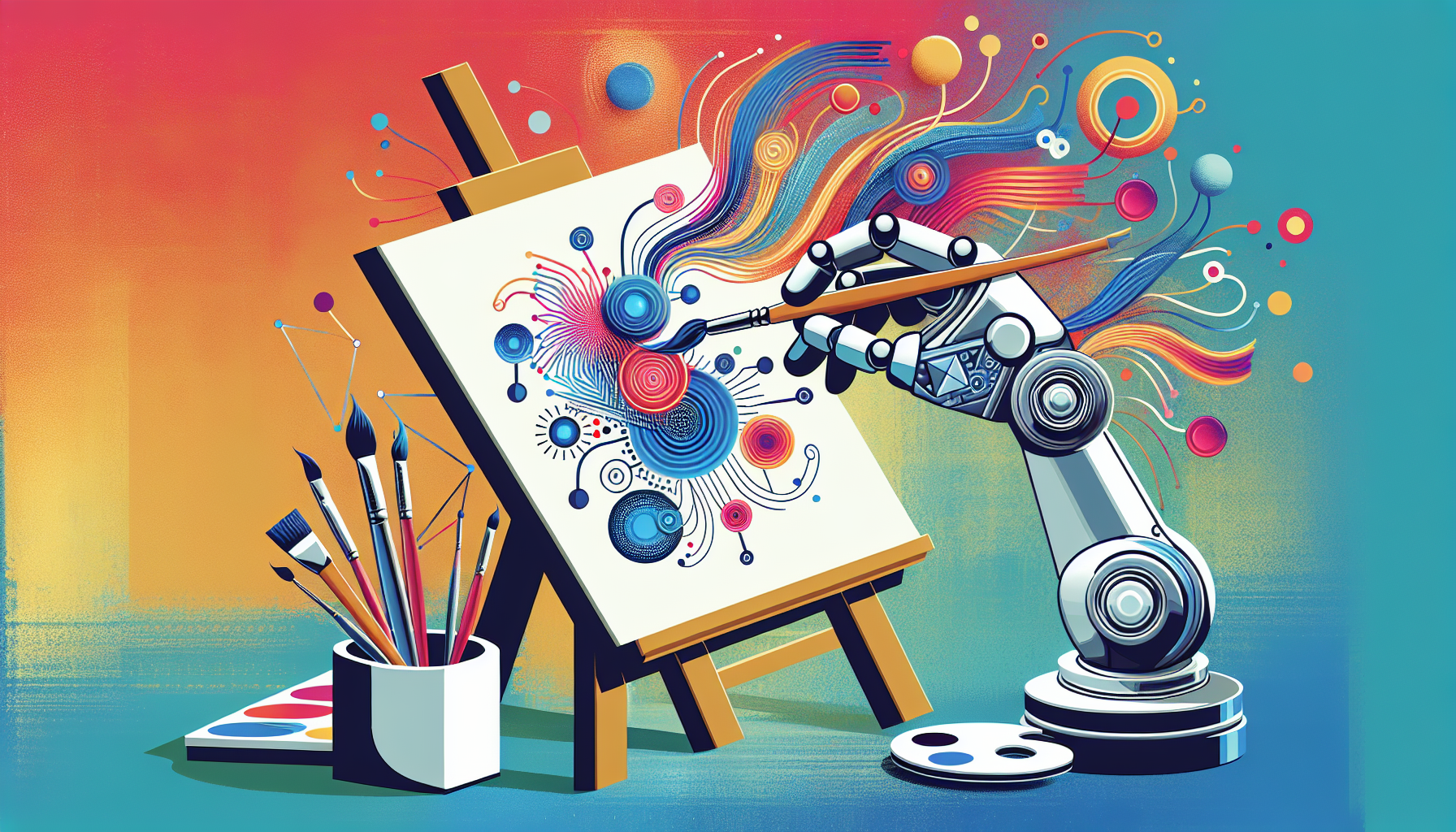Generative AI is revolutionizing the way we create and consume content. With the power to generate text, images, audio, and even video, this technology is not only transforming traditional creative processes but also giving rise to new forms of expression and communication. In this blog, we will explore how generative AI is reshaping content creation, the benefits it offers, and the challenges that come with it.
The Rise of Generative AI
Generative AI refers to algorithms that can generate new content based on the data they have been trained on. This technology has gained traction in recent years thanks to advancements in machine learning, particularly deep learning techniques. OpenAI’s GPT-3, Google’s BERT, and DALL-E are some notable examples of generative AI models that can produce human-like text and create unique images. These models are capable of understanding context, generating coherent narratives, and even mimicking specific writing styles.
Transforming Writing and Blogging
One of the most significant areas impacted by generative AI is writing and blogging. Content creators are now using AI tools to draft articles, generate ideas, and refine their writing. For instance, AI-powered writing assistants can help bloggers overcome writer’s block by suggesting topics, outlines, or even entire paragraphs. This not only speeds up the writing process but also enhances creativity by providing fresh perspectives.
Moreover, AI can analyze vast amounts of data to identify trending topics, enabling content creators to produce relevant and timely articles. This predictive capability ensures that bloggers can stay ahead of the curve and engage their audiences with content that resonates.
Enhancing Visual Content Creation
In addition to text, generative AI is making waves in the realm of visual content. Tools like DALL-E and Midjourney can generate stunning images from simple text prompts. This capability allows artists and designers to explore new creative avenues without the constraints of traditional artistic skills. For example, a designer can input a description of a scene, and the AI will generate a unique image, providing inspiration for further development.
Furthermore, generative AI can assist in creating marketing materials, social media posts, and even product designs. Businesses are leveraging these tools to produce high-quality visuals quickly, reducing the time and cost associated with hiring professional designers.
Audio and Music Generation
Generative AI is also reshaping the audio landscape. AI models can compose music, generate sound effects, and even create voiceovers. Platforms like OpenAI’s Jukedeck and Amper Music allow users to create customized soundtracks for videos, podcasts, and other projects. This democratization of music creation means that anyone, regardless of musical background, can produce high-quality audio content.
Voice synthesis technology has also advanced significantly, enabling the generation of realistic-sounding voiceovers. This is particularly beneficial for content creators who require narration for their videos but may not have the resources to hire professional voice actors. AI-generated voices can be customized for tone, accent, and style, providing creators with a versatile tool for enhancing their projects.
The Role of AI in Video Production
Video content is increasingly popular, and generative AI is playing a crucial role in its production. AI tools can assist in video editing, scriptwriting, and even generating synthetic actors. For example, AI can analyze existing footage to suggest edits, transitions, and effects that enhance the storytelling process.
Moreover, AI-generated avatars and deepfake technology can be used to create virtual presenters for educational content, marketing campaigns, and entertainment. While these innovations offer exciting possibilities, they also raise ethical concerns regarding authenticity and the potential for misuse.
Benefits of Generative AI in Content Creation
The integration of generative AI into content creation offers several benefits:
1. Increased Efficiency: AI tools can significantly reduce the time and effort required to produce content, allowing creators to focus on more strategic tasks.
2. Enhanced Creativity: By providing inspiration and new ideas, generative AI can help creators push the boundaries of their creativity and explore new genres and styles.
3. Cost-Effective Solutions: Businesses can save money on hiring multiple professionals for content creation by utilizing AI tools for writing, design, and audio production.
4. Personalization: AI can analyze user data to produce personalized content, enhancing user engagement and satisfaction.
5. Accessibility: Generative AI democratizes content creation, enabling individuals without traditional skills to participate in creative processes.
Challenges and Ethical Considerations
Despite its many advantages, generative AI also presents challenges that content creators and consumers must navigate. One of the primary concerns is the potential for misinformation. With AI’s ability to generate realistic and convincing content, distinguishing between human-generated and AI-generated material can become increasingly difficult. This raises questions about trust and authenticity in the digital age.
Additionally, issues of copyright and ownership arise when AI-generated content is produced. Who owns the rights to a piece of art or writing created by an AI? As generative AI continues to evolve, legal frameworks will need to adapt to address these complexities.
Another critical consideration is the ethical implications of using AI in creative fields. As AI-generated content becomes more prevalent, there is a risk of devaluing human creativity and reducing opportunities for artists and writers. Striking a balance between leveraging AI’s capabilities and preserving the value of human creativity will be essential.
Conclusion
Generative AI is undoubtedly reshaping content creation in profound ways. From enhancing writing and visual arts to revolutionizing audio and video production, this technology is providing creators with new tools to express their ideas and connect with audiences. While the benefits are significant, it is crucial to navigate the ethical challenges and implications that come with this technological advancement. As we embrace the future of content creation, a collaborative relationship between humans and AI may lead to innovative solutions and artistic breakthroughs. The journey of generative AI in content creation is just beginning, and its potential is limited only by our imagination.

Leave a Reply